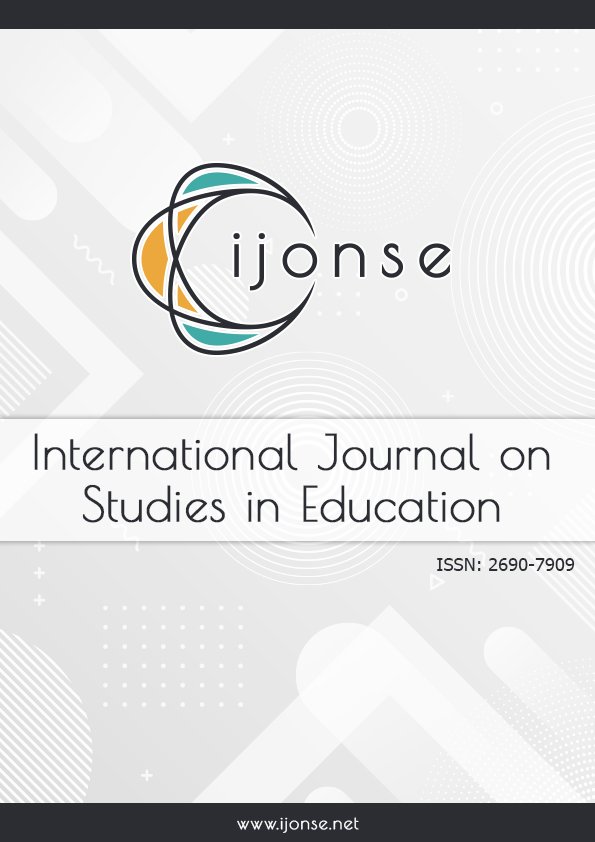The Reconstruction Model of Science Learning based PhET-Problem Solving
DOI:
https://doi.org/10.46328/ijonse.30Keywords:
Reconstruction model of learning, Science, PhET-Problem solvingAbstract
This study investigates the effects of science learning model reconstruction based on student needs, in order to generate more operational standards and teaching materials. The conceptual understanding through virtual laboratory appears minimal, based on the analysis addressing the demands of junior high school students in several locations in Papua. Hence, there is a necessity to reform the learning structure through the utilization of physics education technology (PhET). Furthermore, the model was reconstructed by the Model Education of Reconstruction with fundamental principles, including an analysis of the education needs based on PhET-Problem solving, to compose context describing energy materials and its changes. Expert validation on the accuracy of illustrations, drawings, tasks, exercises, and questions, indicates the model is eligible. The participants are 60 students control and experiment group for junior high school public 11 Jayapura. The results showed the science learning model has demonstrated increased virtual experiment abilities and conceptual understanding trought pretest and postest based N-Gain. Analysis of data based normality test and independent test (T-test), meanwhile, there is a significant differences between experimental and control group. Outcome of students' responses for a separate learning model reflected positive.References
Doloksaribu, F. E., & Triwiyono, T. (2021). The reconstruction model of science learning based PhET-problem solving. International Journal on Studies in Education (IJonSE), 3(1), 37-47.
Downloads
Additional Files
Published
Issue
Section
License
Articles may be used for research, teaching, and private study purposes. Authors alone are responsible for the contents of their articles. The journal owns the copyright of the articles. The publisher shall not be liable for any loss, actions, claims, proceedings, demand, or costs or damages whatsoever or howsoever caused arising directly or indirectly in connection with or arising out of the use of the research material.
The author(s) of a manuscript agree that if the manuscript is accepted for publication in the International Journal on Studies in Education (IJonSE), the published article will be copyrighted using a Creative Commons “Attribution 4.0 International” license. This license allows others to freely copy, distribute, and display the copyrighted work, and derivative works based upon it, under certain specified conditions.
Authors are responsible for obtaining written permission to include any images or artwork for which they do not hold copyright in their articles, or to adapt any such images or artwork for inclusion in their articles. The copyright holder must be made explicitly aware that the image(s) or artwork will be made freely available online as part of the article under a Creative Commons “Attribution 4.0 International” license.

This work is licensed under a Creative Commons Attribution-NonCommercial-ShareAlike 4.0 International License.





